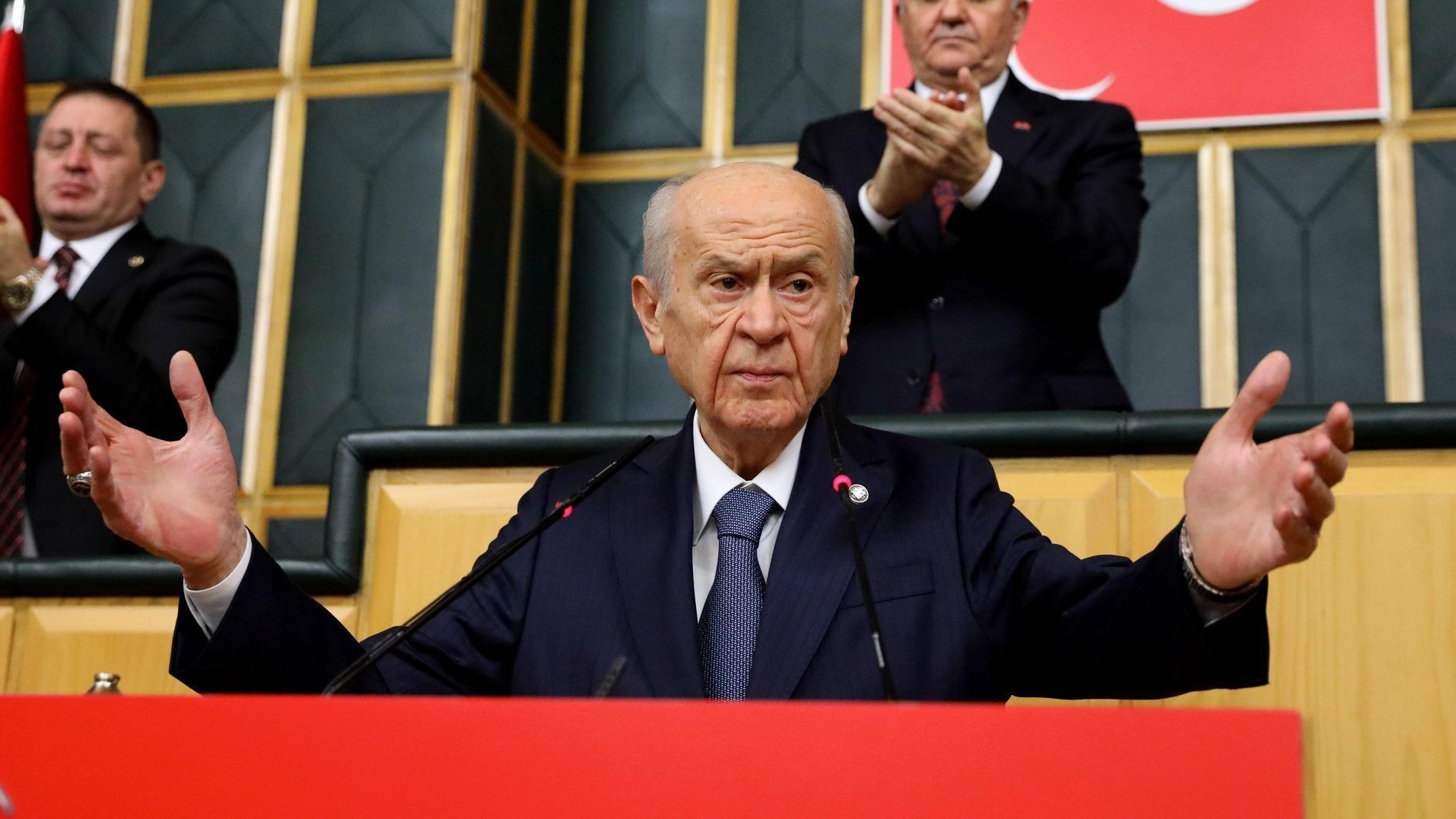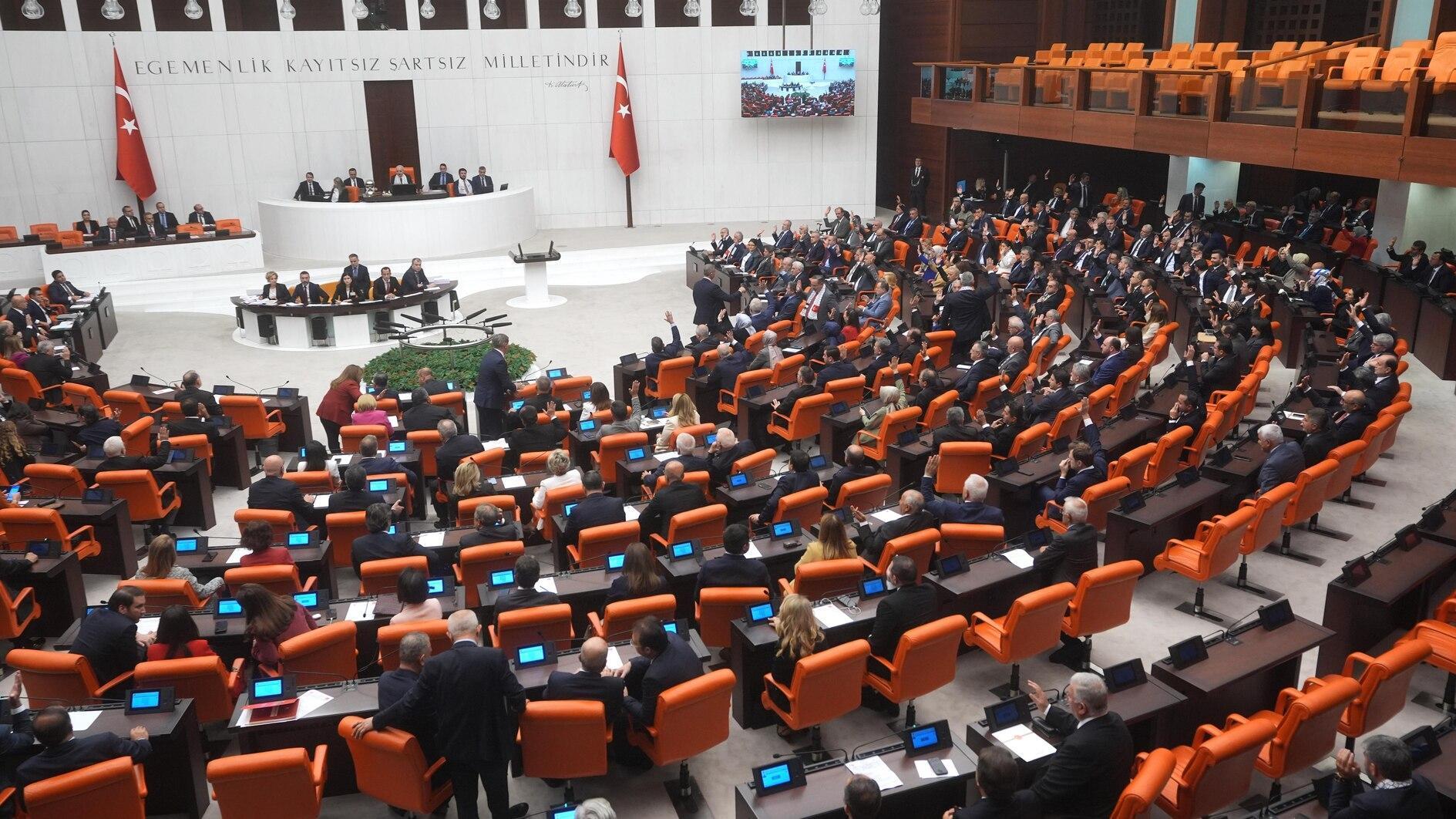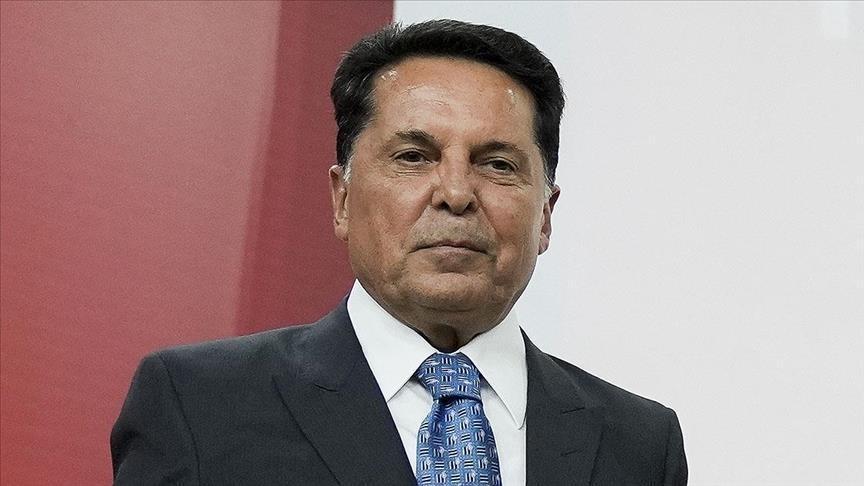The coverage of Syrian refugees in the Turkish press
The Research Center on Asylum and Migration (IGAM) has recently released a study on the coverage of refugees in the Turkish media.
As expected, the research that scanned seven national and seven local media outlets between June 2017 and October 2018 has not brought out a very bright picture.
The news about refugees are rather those associated with violence and crime. That happens despite the fact that crime levels are relatively low among Syrian refugees. Good news is no news and therefore success stories find limited space in the Turkish press. While refugees are the main actors in the news, their views are rarely sought and their voices are rarely heard to tell their side of the story.
I don’t think there is any media landscape in other countries with large number of refugees that shows an exemplary performance. And in comparison to other countries with a large number of refugees, I can say that the Turkish press is faring rather well. Professor Murat Erdoğan, an expert on migration issues and an academic with a lot of field research on Syrian refugees, agrees.
At a conference organized by IGAM last month in Istanbul, he said Turkey did a good job both in terms of catering to the needs of Syrian refugees and in terms of press coverage.
The reason behind this conviction is not the Turkish press’ high ethical standards. So the credit here does not go to the Turkish press, but rather to the political elites (!)
In contrast to Europe, for instance, Turkish politicians are very careful in their rhetoric about Syrian refugees. In fact, looking at Turkey’s ruling elites, you would think this is not a country where 4 million Syrian refugees have come to settle in the course of the past seven years. When it comes to the opposition, while there are some who are fairly critical, the rhetoric is in general rather very cautious. At least it is not among the main themes for the opposition to hit back at the government like it is the case in Europe.
While a lot is being done for refugees (at least half of the Turkish Red Crescent’s domestic budget is allocated to Syrian refugees, for instance), Syrians are rather (nearly) nonexistent in the government’s rhetoric. And accordingly, it seems there is a governmental preference not to make them visible in the press.
As a result, there are two sides of the same coin. On the one side, Syrian refugees do not suffer from negative rhetoric from politicians. There is plenty of hate rhetoric toward Syrians on social media. Still, the government sets the tone in the general public and at least most of the opinion makers and elites refrain from using condescending rhetoric toward the Syrians.
But that does not mean society is happy living with millions of refugees in Turkey. On the contrary, especially representatives of NGOs talk about deep resentment and even anger building up among several communities against Syrians.
Abstaining from reporting about this resentment fearing the government reaction can prove detrimental. Turning a blind eye to the presence of refugees and acting as if they are not there feed into rumors, like Syrians entering universities without having to take exams and Syrians stealing the jobs of Turks.
Nizar Bittar is a Syrian businessman paying his taxes to the Turkish government. “I employ 360 people. If I would like to open another place I would not be able to find another 360 waiters,” he said, implying that Turks do not want to be employed in such jobs despite the high level of unemployment. “And then they are saying we are stealing their jobs,” Bittar expressed his frustration in bitter sarcasm.











